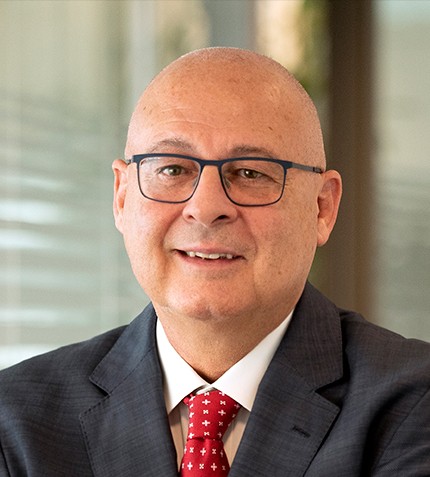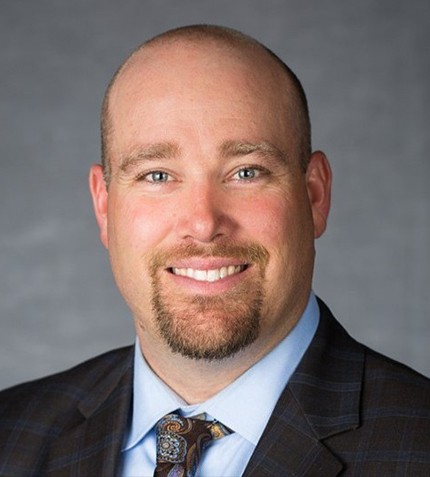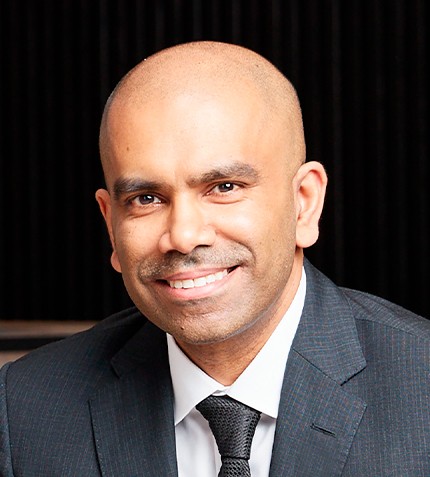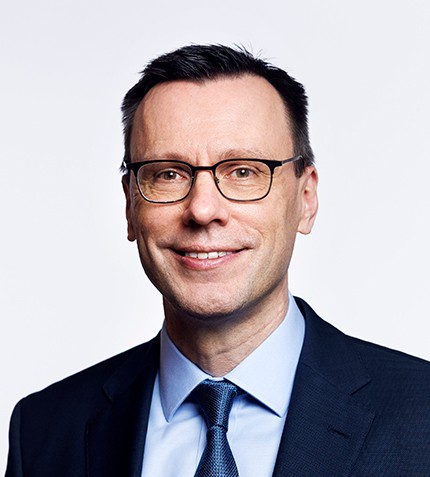
"Braskem Idesa’s future will be based on maintaining access to Pemex ethane while having competitive access to ethane imported from the US through the new terminal."
RELATED PUBLICATION
Stefan Lepecki
CEO, BRASKEM IDESA
Can you elaborate on the key developments at Braskem Idesa’s Etileno XXI complex in 2021, including the memorandum of understanding signed with Pemex?
As there is a lack of ethane production in Mexico, Braskem Idesa’s main feedstock, we started a dialog with Pemexto to reach a common agreement in order to find a balanced solution to the problem. In the beginning of 2021, we signed a memorandum of understanding (MoU) with Pemex setting out respective understandings for the discussion of potential amendments to the ethane supply contract in the country, and for the development of an ethane import terminal. We also signed 15-year gas transportation agreement with Cenagás, and as a result our Etileno XXI petrochemical complex has started receiving natural gas again through Cenagás, which had suspended deliveries in December 2020.
We are now working towards definitive amendments where first we have to attain approval from the lenders that will finance our terminal project, and our shareholders. All of Mexico's crackers rely on ethane and the development of a terminal would mean more feedstock could be imported, which would allow the crackers to run at full capacity, benefitting the petrochemical industry and entire country in terms of social and economic development.
How have you fast tracked ethane imports to ensure enough raw materials to meet production demands?
Braskem Idesa’s future will be based on maintaining access to Pemex ethane while having competitive access to ethane imported from the US through the new terminal. The terminal will take approximately three years to be constructed, and therefore we need another import solution for the time being to sustain production capacity. We implemented the fast track initiative in 2020 to increase ethane import capacity at our facility in Veracruz. Our terminal at Coatzacoalcos Port receives ethane in liquid form from the US at a competitive price, which is then transported by truck to the plant where we re-gasify it. In 2020 we imported approximately 6,000 b/d, but our total capacity is 66,000 b/d. In 2021, we have already (by August) achieved a capacity of more than 17,000 b/d, which we expect will increase to 20,000 b/d this year and to 25,000 b/d over the next 12 months as we continue to optimize the fast track process.
To what extent is dialogue between Braskem Idesa and Pemex influenced by political factors?
The current government has a particular way in which they perceive and manage the energy sector. Continuous dialog is necessary to better understand how to position ourselves in a changing regulatory environment. The agreement between Braskem Idesa and Pemex finds itself in the middle of this process.
Discussions bring more clarity, and we are optimistic that we will collaboratively find solutions that will benefit both the public and private sectors, as well as the country.
What initiatives is Braskem Idesa currently working on in the transition to a circular economy?
For over a decade Braskem Idesa has placed great emphasis on caring for the environment and we have made commitments to carbon neutrality and the circular economy. Management and disposal of waste is ensured through recycling, incineration, sanitary landfill, composting, confinement and liquid treatment. We also mitigate and reduce our environmental impact through measuring our air emissions and have developed strategies to improve efficiency in water use and reuse. The energy consumed at our facilities is supplied by our own natural gas cogeneration plant.
We want to ensure that 100% of plastic packaging is reused, recycled or recovered by 2040, and have thus developed a recycled post-consumer resin (PCR) which is already being supplied to the market. We have also become a blue member of Operation Clean Sweep (OCS), the Zero Loss of Pellets (CPP) program led by ANIPAC.
Do you have a final message for fellow APLA members about the importance of maintaining communication on virtual platforms?
The biggest challenges stemming from the pandemic included adapting our social management programs and maintaining people’s interest and participation. Braskem Idesa has increased its number of digital and face-to-face communication channels, as maintaining connections with stakeholders is of paramount importance for business success. Virtual events like APLA’s 2021 annual meeting are a key component of this.











